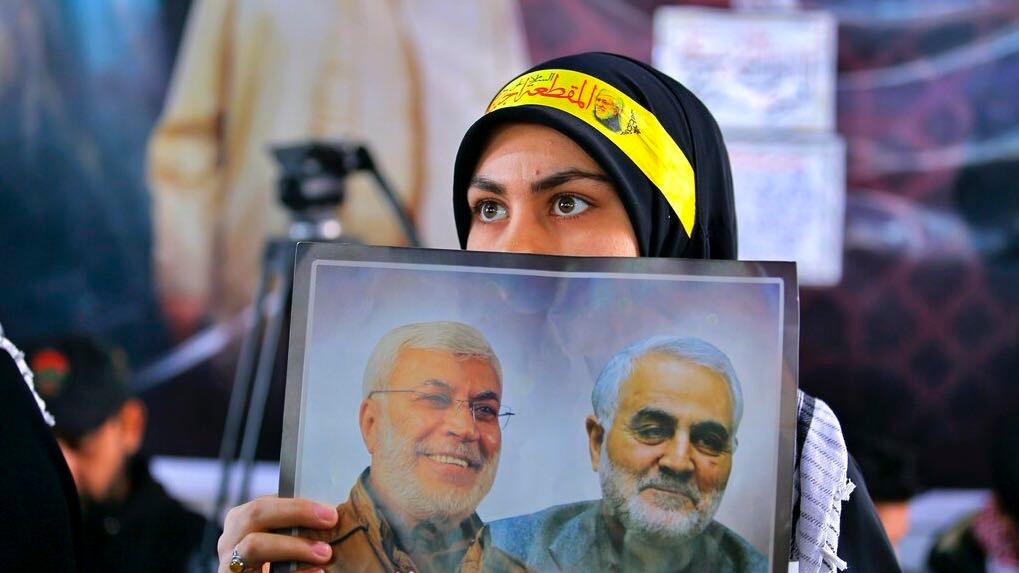England to enter third lockdown; Mexico approves Oxford-AstraZeneca coronavirus vaccine; Saudi Arabia ends embargo with Qatar
A man crosses the street backdropped by the Royal Exchange in the City of London financial district in London, Jan. 5, 2021, on the first morning of England entering a third national lockdown.
Top of The World — our morning news roundup written by editors at The World. Subscribe here.
British Prime Minister Boris Johnson announced a strict new national lockdown starting midnight on Tuesday to prevent the spread of the coronavirus as the country struggles to cope with a surge in cases and a new, more contagious variant of the virus. Warning that the coming weeks in the UK would be the “hardest yet,” Johnson mandated a lockdown that won’t be reconsidered until at least mid-February.
Despite the dire news, Johnson added he believed the country was entering “the last phase of the struggle” but that hospitals were buckling under the increased COVID-19 caseload more than at “any time since the start of the pandemic.”
And, health authorities in Thailand are warning of a new spike in cases across the country with the government declaring 28 provinces, including Bangkok, as high-risk zones.
What The World is following
Following a recent approval in the UK, health officials in Mexico on Monday approved the Oxford-AstraZeneca coronavirus vaccine for emergency use and will now begin a slow rollout of its inoculation campaign. Argentina and India have also approved the Oxford-AstraZeneca jab.
And, the yearslong tensions between Qatar and Saudi Arabia appears to be easing. Qatar’s ruling emir arrived in Saudi Arabia this week, following an announcement that the kingdom would end its embargo and open up airspace and its land border with the small Gulf state. The decision to open borders is the first major step toward ending the diplomatic crisis between the Arab states.
From The World
Latino communities targeted by disinformation ahead of Georgia’s Senate runoffs

With Georgia’s Senate runoffs set for Tuesday and control of Congress in the balance, the stakes are high. And, just like with the presidential election, there’s concern about mis- and disinformation targeting the state’s voters — including its growing Latino community.
A recent report by Avaaz, a global civic organization, warned of 20 Facebook pages spreading a disproportionate amount of misinformation about Georgia’s elections. Two of the flagged pages were in Spanish and made inaccurate claims of large-scale voter fraud.
A year after the killing of a top Iranian general, US-Iran tensions remain high

Last January, the US killed Iran’s Gen. Qasem Soleimani and Iraqi militia leader Abu Mahdi al-Muhandis. A year later, tensions between the countries are high once again.
Bright spot
A new Icelandic tourism campaign wants people to stop compulsively checking their social media feeds for bad news and instead turn toward “joyscrolling” — which, by their definition, means enjoying soothing videos, music and images from Iceland.
In case you missed it
Listen: Tensions high one year after US attack that killed Iran’s Soleimani

It’s been one year since the US killed Iran’s top military commander Qasem Soleimani in a drone attack in Iraq. And, on the campaign trail, Democratic candidate Joe Biden said he would end a Trump administration program that makes asylum seekers at the US-Mexico border wait out their court cases in Mexico. President-elect Biden has walked back the timeline of his promise. So what’s next? Also, in the US, hairy crabs are seen as a menace, but in China they are a delicacy — and lately, they are selling big.
Don’t forget to subscribe to The World’s Latest Edition podcast using your favorite podcast player: RadioPublic, Apple Podcasts, Stitcher, Soundcloud, RSS.
